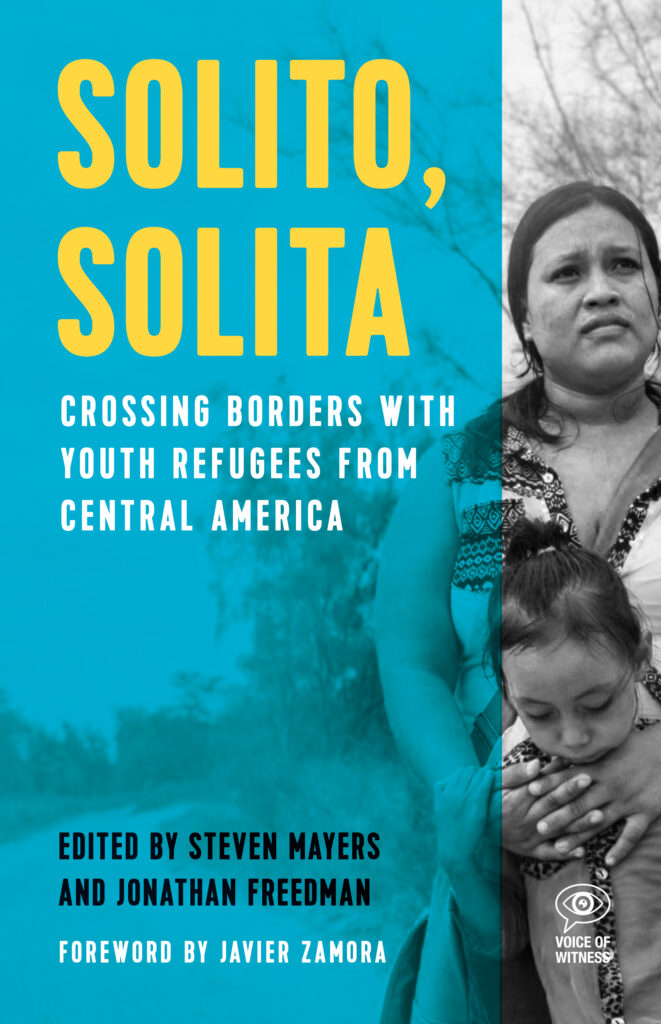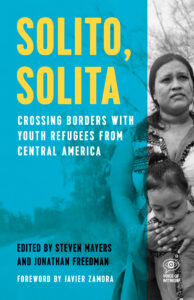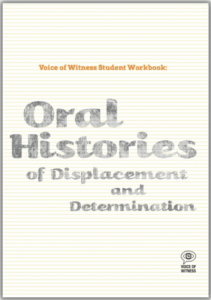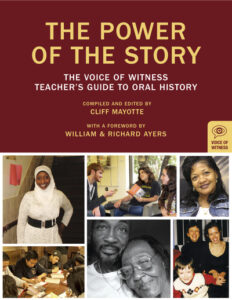The lessons in this unit explore oral history narratives from Solito, Solita: Crossing Borders with Youth Refugees from Central America. While confronting the impacts of immigration policies and harsh realities of the day-to-day experiences of youth refugees, these lessons also highlight the role of hope, community, and resilience. The lessons are culturally relevant for students who have experienced migration, as well as students encountering these issues for the first time. Thematic connections to an Ethnic Studies framework can be found in the curriculum map. Students explore the following questions:
- Why does displacement occur? What effect does displacement have on individuals and communities?
- How do we take action against injustice? What role do hope, community, and storytelling have in resisting oppression?
Grades: Flexible and adaptable for older middle school, high school, and higher education. Lessons can also be adapted for English language learners.
Time Needed: Entire curriculum covers approximately 3 weeks of class time. However, each lesson can be taught separately.
Objectives:
- Students will identify causes and impacts of systemic oppression on individuals and communities.
- Students will explore ways to resist oppression and take action, connecting immigration justice to other social movements.
- Students will make personal connections to the text and develop social-emotional skills through discussion and storytelling.
Download Free Curriculum
* Required fields
This book fills a crucial missing piece in today’s immigration debate. Everyone who cares about immigration—and about migrants—should read it.
Aviva Chomsky
Professor at Salem State University, author of Undocumented
About the Oral Histories
Solito, Solita (Alone, Alone) is an urgent collection of oral histories that tells—in their own words—the story of young refugees fleeing countries in Central America and traveling for hundreds of miles to seek safety and protection in the United States.
Fifteen narrators describe why they fled their homes, what happened on their dangerous journeys through Mexico, how they crossed the borders, and for some, their ongoing struggles to survive in the United States. In an era of fear, xenophobia, and outright lies, these stories amplify the compelling voices of migrant youth. What can they teach us about abuse and abandonment, bravery and resilience, hypocrisy and hope? From fending off kidnappers with knives and being locked in freezing holding cells to tearful reunions with parents, Solito, Solita’s narrators bring to light the experiences of young people struggling for a better life across the border.




